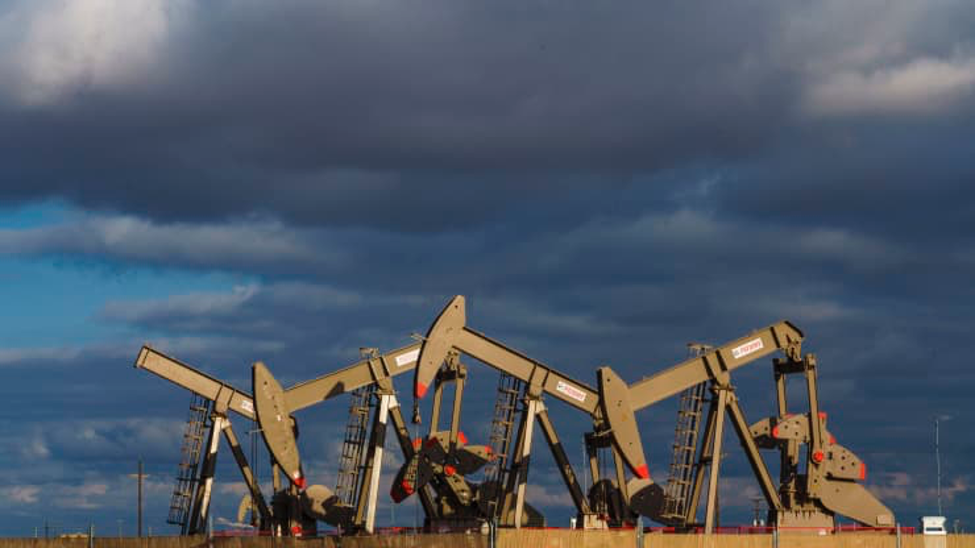Organisation of Petroleum Exporting Countries and its allies (OPEC+) on Wednesday maintained its current production increase by 400,000 barrels per day (bpd) even as Russia-Ukraine tension continues to drive up energy prices. OPEC its allies remain hesitant to increase crude oil supplies despite crude oil prices hitting $113 per barrel as they were in their February meeting.
Remember that the African members of the group, Nigeria, Angola, Equatorial Guinea, and Congo, have not been able to meet their crude oil output targets, putting the weight of restoring supply on the Gulf nations like Saudi Arabia, the United Arab Emirates, and Iraq.
While Saudi Arabia and the United Arab Emirates have the capacity to boost crude oil supplies to the global market, the decision of the two influential countries not to raise their crude oil production along with buyer’s boycott of Russian crude oil could further put pressure on the global supply volumes of crude oil.
Oil prices have skyrocketed since the beginning of 2022, surpassing their 7-year high following the global resurgence in demand, supply deficit, and the recent geopolitical tensions; with OPEC+ maintaining its current production capacity, it appears that the ongoing rally in crude oil prices might not end anytime soon.
Expectations from Nigeria
The Organisation for Petroleum Exporting Countries (OPEC) at its yesterday’s meeting raised Nigeria’s expected crude oil production in April to 1.735 million barrels/per day from 1.72 million barrels/per day in March.
Also Read: OIL: Nigerian Production Falls Short of Increased OPEC Quota
However, Nigeria has been underproducing crude oil below OPEC quotas in the last three months hovering between 1.2 million barrels/per day and 1.3 million barrels/per day. Meanwhile, the recent surge in the country’s crude oil production of 50,000 barrels per day in January 2022 gives hope that it might meet OPEC crude oil production targets before the second quarter of the year as the main Forcados oil rig system returns to normal operating levels.
If Nigeria is able to meet up with the OPEC production target of 1.735 million barrels/per day in April, and the crude oil price stays at $115 per barrel, the Nigerian government can earn over N83 billion daily at an official exchange rate of N416/$.
Higher crude oil prices are generating significant foreign exchange earnings for Nigeria but the suspension of subsidy removal means that Nigeria is spending the extra revenue on the consumption of imported fuel rather than saving it or investing it in social and economic development.

